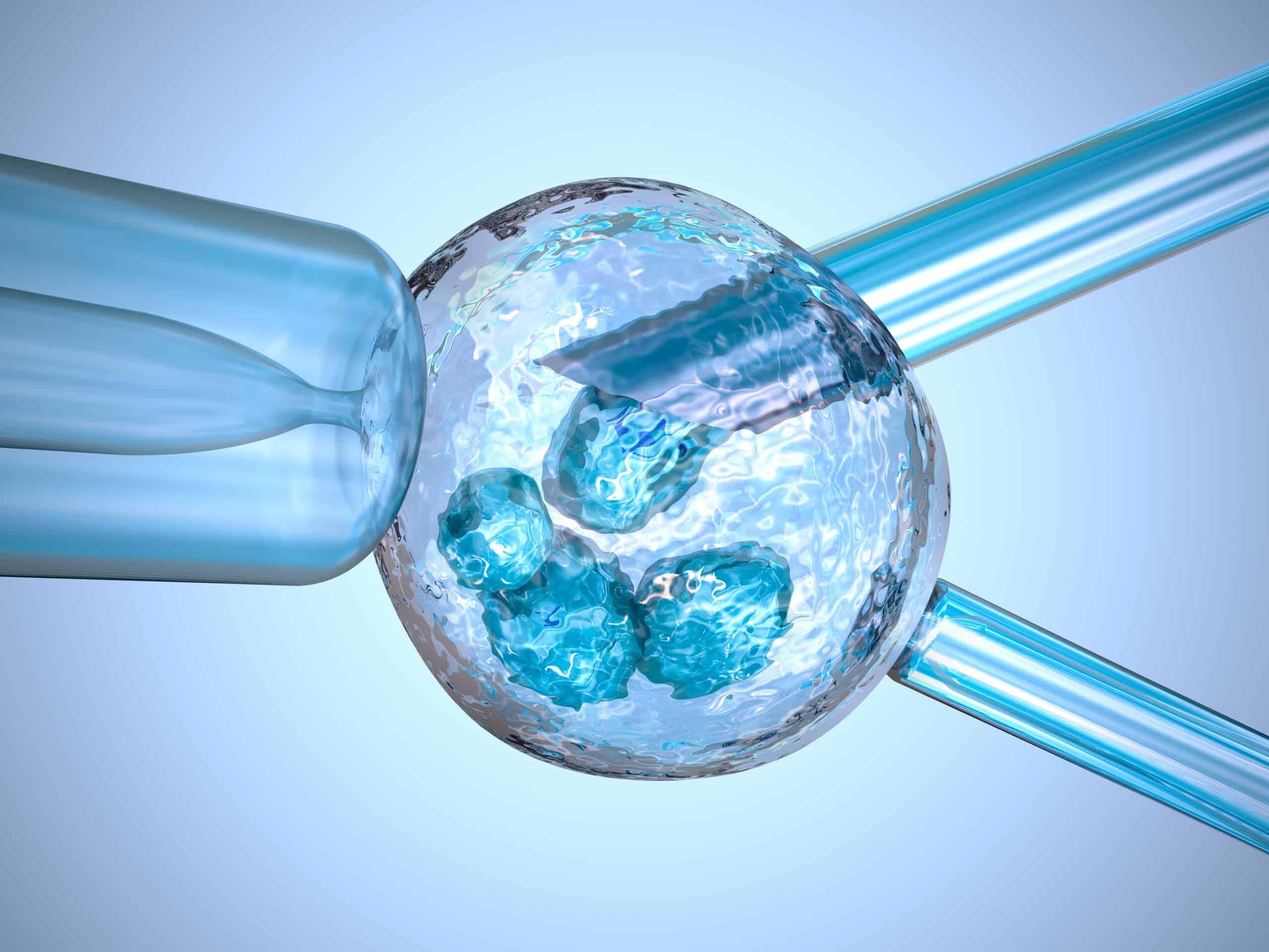All mammals are comprised of diploid cells that contain 2 copies of each chromosome. Cancer and other disease can occur when a cell property disruption is caused by a non-diploid state. Tetraploid and haploid cells are produced in asexual reproduction and cancer development that destabilizes chromosomes. Why cells in non-diploid state experience the same instability has yet to be determined.
This study was designed to investigate what impact adjustments to cell replication process had by experimenting with human cell lines of various ploidy levels. A steady drop in centrosomes in haploid cells was noted along with recurring centrosome over duplication in tetraploid cells. Abnormalities in cell replication were repeated in each occurrence. Centrosomes are regulators of cell replication found in normal cells.
Haploid cells were found to be decreased in numbers while there were increased numbers of microtubules observed in tetraploid cells. Quantity of cellular fibre microtubules can have influence on centrosome duplications as it causes centrosome loss or over duplication. DNA replication was not affected under any ploidy state.
Researchers are hopeful that their findings could lead to better understandings of chromosome instability in cancer cells and help lead to the development of new cancer treatment strategies.




